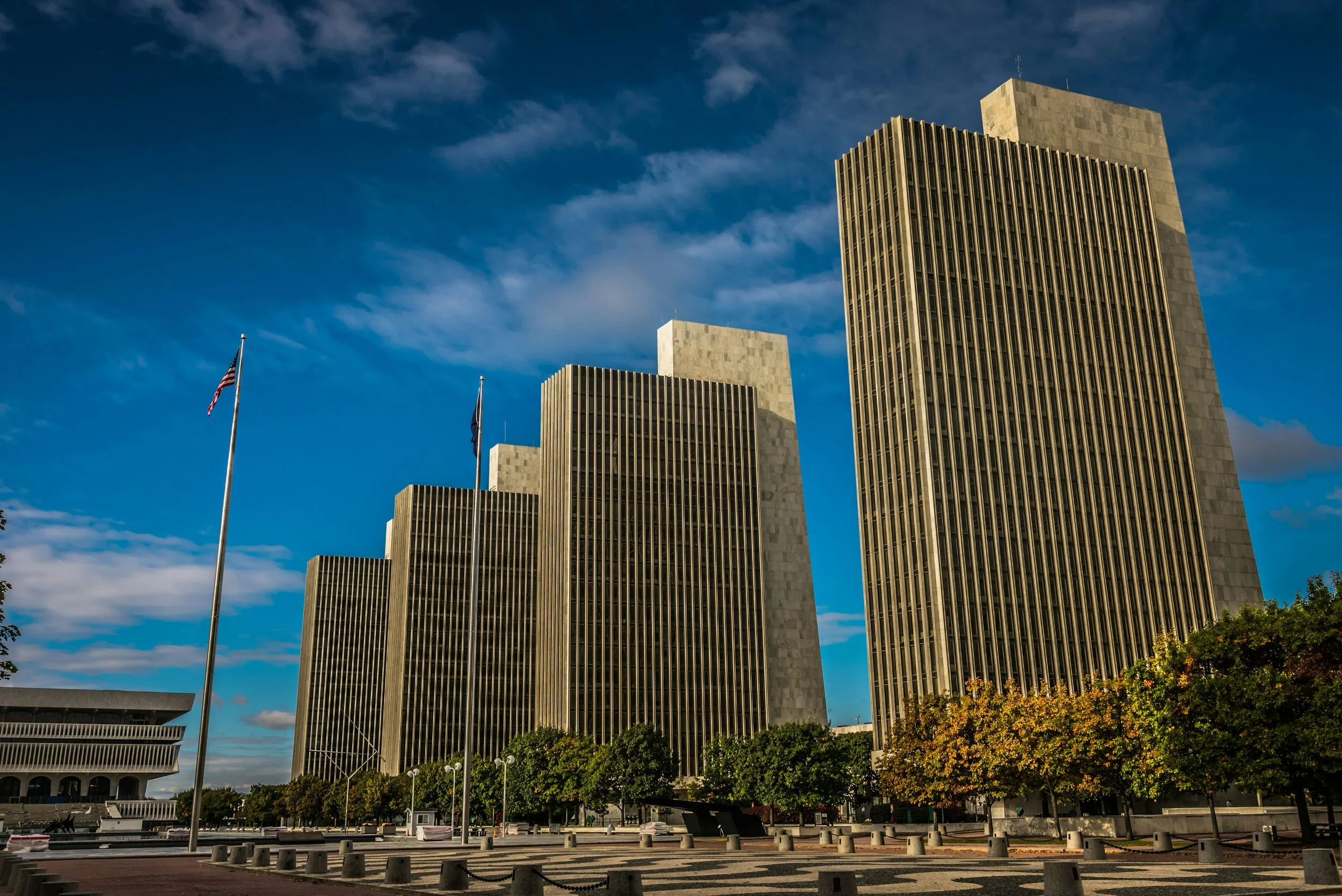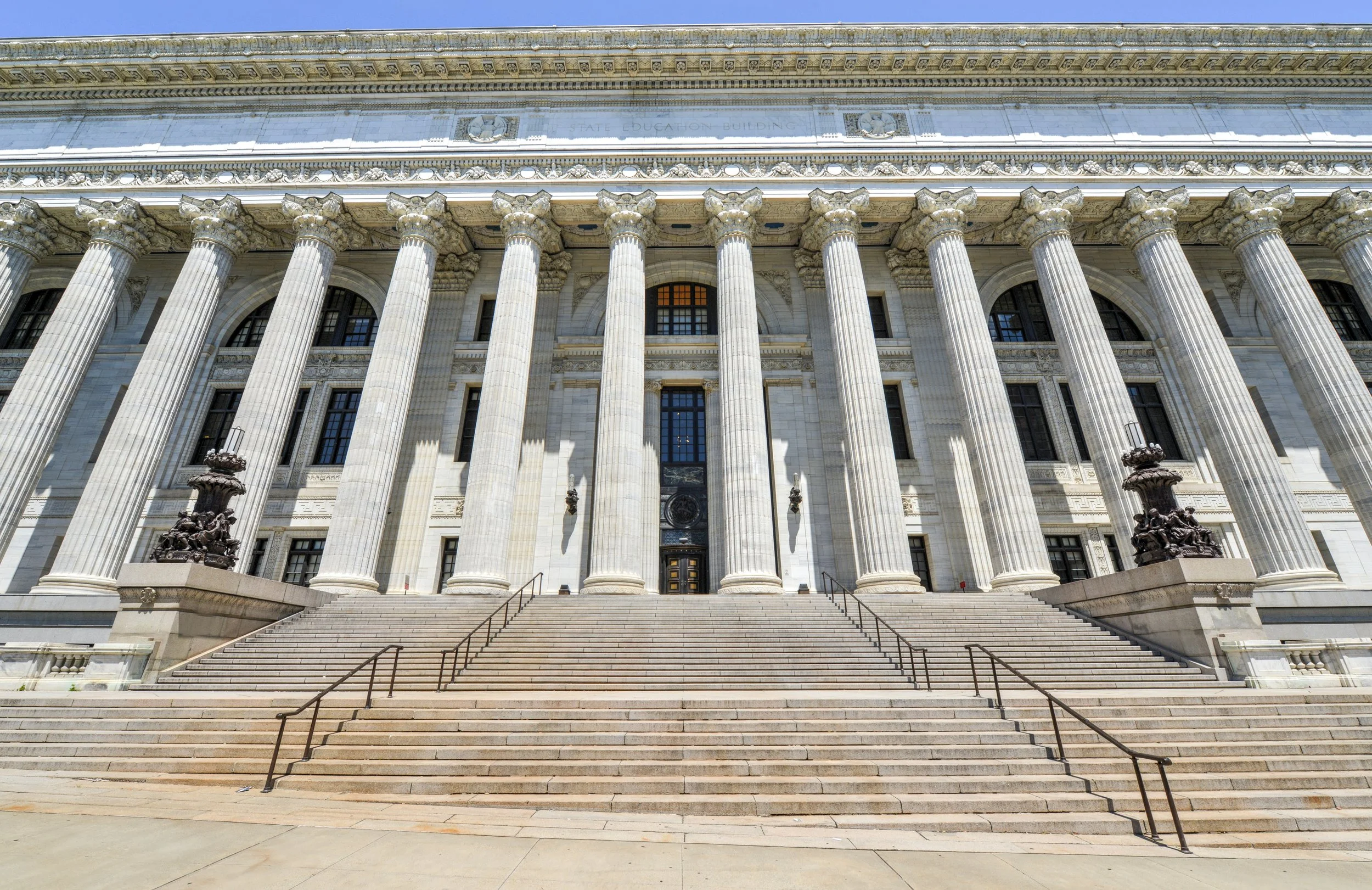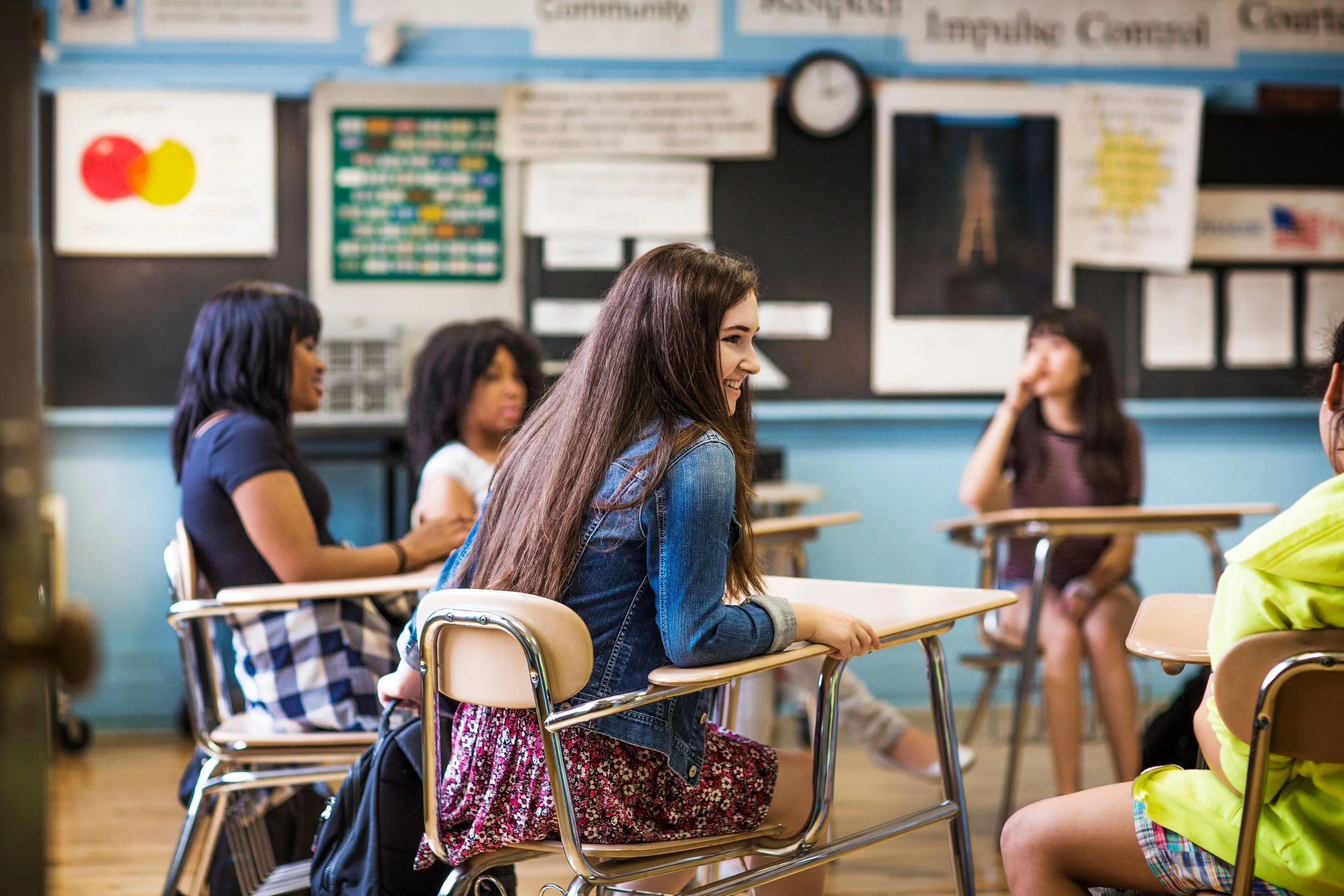BLOG
Institute Intelligence
Insights, case studies, news, and updates from ISLG’s good governance research and action.
Institute Intelligence, February 2026: The Pace of Justice, Q&A with a Syracuse Chief of Staff
A snapshot of the work we’ve done this past month.
The Waiting Game: How Lengthy Court Case Processing Times Keep Jail Populations High
The timely resolution of court cases is a responsibility of the court system. But many criminal courts struggle to resolve cases in reasonable timeframes, with case processing times increasing even when court filings decrease.
While Gone from the Headlines, New York Still Needs to Address Discovery Reform
Amid mixed results to date, policymakers can insist on better implementation of New York’s discovery reform, provide prosecutors with whatever tools they need, and steadfastly avoid sacrificing the due process rights of people facing charges. This joint piece is a collaboration between two of CUNY’s preeminent research organizations to get us there.
New York City Taxpayers Continue to Contribute More to State Revenues than They Receive Back in Services, CUNY and New School Study Finds
“Following a decade of economic growth in New York City and the enactment of high-earner income tax increases in 2021, this report provides an updated and comprehensive picture of the fiscal flow between New York City and New York State.”
How Cities and States can use Vacant Property Taxes to Spur Housing Development
Affordable housing is a priority issue for state and local governments across the country. One unique method these policymakers have to incentivize the creation of more housing is strategic property tax policies that target vacant or underutilized properties.
Expanded Kriegel Fellowship 2025-2026 Cohort Creates Tailored Professional Development for State and Local Government Chiefs of Staff, Senior Office Leaders
Launched this fall, 44 staffers from New York City and State governmental offices will meet with their peers and field experts biweekly to sharpen their knowledge, skills, and networks.
Listening, Learning, and Accountability: How NYC Schools and Youth Centers are Using Restorative Justice to Help the Next Generation Succeed
Across New York City, Community-Based Restorative Justice Initiative organizations are using RJ as a framework for youth services, from elementary to high school and afterschool programming. “Instead of it being something that we use for conflict and peer-to-peer mediation, it's more an overall form of communication, a way to bring the community together.”
Living Wages for Public Sector Workers is an Investment in a Thriving, Affordable City
Raising wages for human services workers not only is beneficial to those individuals; it is also a strategic policy intervention with far-reaching benefits for communities and the broader economy.
A Case Study on Pivoting toward Impact in Fulton County, Georgia
When work is grounded in data, community context, and collaboration, projects can pivot and address solutions to all the problems that arise along the way. This is what happened when CUNY ISLG researchers worked with Fulton County partners to launch a Center for Diversion and Services.
What are the impacts of a trauma-informed abusive partner intervention program on attitudes, beliefs, and recidivism?
A critical component of TI-APIP is how it “centers a unique trauma-informed approach that helps boil down the complexities inherent in relationships with violence.”
Get Out the Vote in NYC’s General Election
As New York City’s General Election approaches, we’re taking a closer look at the role of local government in NYC and the ways that community-based organizations can increase civic engagement in communities where voter turnout has historically been low.
A Community Worth Investing In: The Inaugural Grassroots Policy Incubator Orgs Bring Innovative Ideas to Life
“This process was about working with grantees, asking them what they needed and helping them get there, not telling them what they had to do with little flexibility.”











